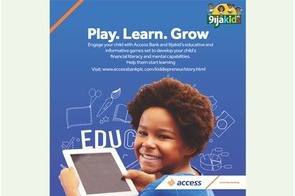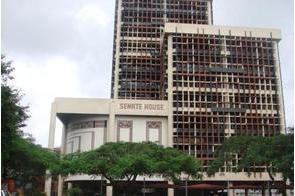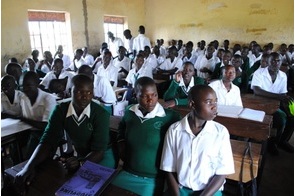UNESCO wants countries to invest far more in physical education

Summary
Two-thirds of pupils with disabilities are deprived of any physical education, the report also says.
A new report by the United Nations Educational, Scientific and Cultural Organisation (UNESCO) shows two-thirds of secondary school pupils and more than half of primary school pupils worldwide do not get taught the minimum weekly amount of physical education, according to the first-ever Global Status Report on Quality Physical Education published on 24 July 2024 by the organisation.
In addition, two-thirds of pupils with disabilities are deprived of any physical education, says the report.
“Physical education is a worthwhile investment: it not only improves pupils’ health, but also their academic performance and personal development,” said Audrey Azoulay, Director-General of UNESCO, in a statement shared with Financial Nigeria. “Yet it is still often treated as a lesser subject. UNESCO is calling on its 194 member states to make it a priority subject and to allocate the necessary time, human resources and budget to it.”
UNESCO sets five priorities for its 194 member states: improve the training of sports teachers and educators; increase investment in infrastructure; develop physical education programmes that are resolutely inclusive, particularly for girls and young people with disabilities; increase the number of hours of physical education in school curricula; and place the values of sport at the heart of educational programmes.
Related
-
Access Bank drives financial e-learning for kids amid COVID-19
Access Bank said the educative and informative games would help develop children's financial literacy and mental ...
-
Study reveals how developing countries can prevent capital outflow to foreign education
Foreign school fees and related outflows from Nigeria have been rising as standards in public schools have been falling, ...
-
Consortium plans $600mn investment in Africa’s education sector
The new company will be part of the SABIS network, which operates schools around the world with nearly 65,000 students.







